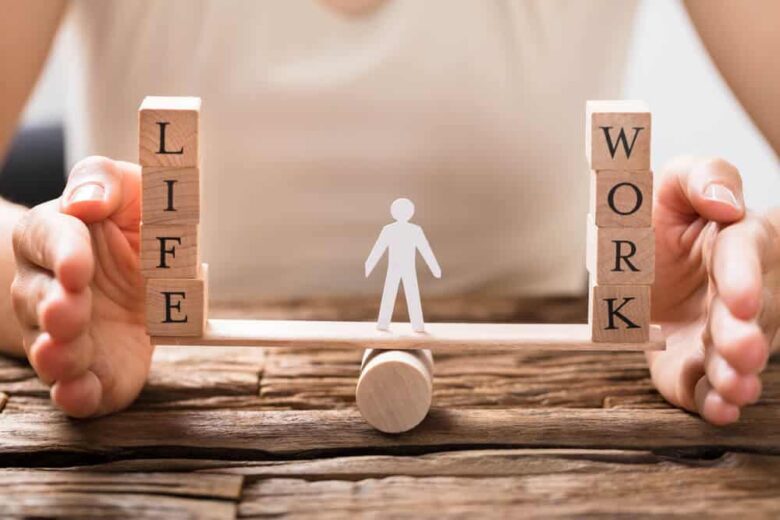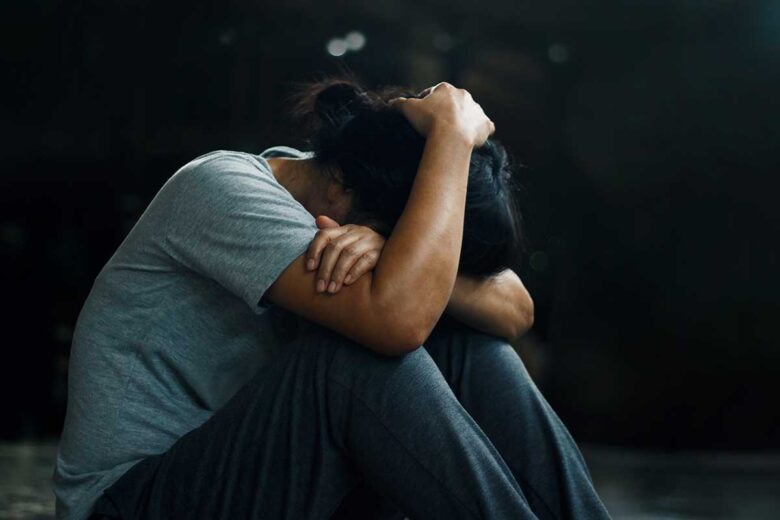Graduating law school is undeniably a major accomplishment, but fighting real-life criminal cases is a whole new game in the world of justice. Lawyers need to approach criminal cases with a level of nuance and dexterity. They must uphold their client’s best interests despite the challenges of defending a potential suspect.
To prove their client’s innocence, they need to investigate the case and create a strong argument, all while remaining within ethical boundaries. This is no easy job. Here we briefly cover some of the many conflicts that criminal lawyers face internally and in the workspace.
Contents
- 1. Balancing Work And Home
- 2. Running a Business and Practice Simultaneously
- 3. Clients Withholding Information
- 4. Working With Difficult Clients
- 5. Finding The Right Evidence
- 6. Negative Public Perception
- 7. Beating The Competition
- 8. Limited Time And Resources
- 9. Client-Directed Trauma
- 10. Lawyer-Specific Trauma
- Conclusion
1. Balancing Work And Home

Source: themeadowglade.com
The magic word is “work-life balance.” A common dilemma faced by most people, regardless of their profession. This is even more so in the case of criminal lawyers. The nature of work demands them to deal with crimes, harshness, injustice, murders, and so much more.
Do you know how many murders go unsolved every year in the US? The national average of murders yearly is 15,773, out of which 6,276 murders go unsolved. Now imagine the pressure it creates on criminal lawyers and their everyday lives. All of this requires considerable grit and focus and most importantly, time.
Not only does this negatively affect the physical health of the lawyer but can also cause their mental health to deteriorate. This may result in devastating consequences unless a clear line is drawn between professional and personal life. Subsequently, this also proves the necessity for improved time management.
2. Running a Business and Practice Simultaneously
Most lawyers work under huge law firms, although many have their private practice. The advantage of working at law firms is the availability of resources so that the lawyer can solely focus on building up the case for their client.
The same cannot be said for private practice. Not only does the attorney have to juggle multiple responsibilities, but they also adhere to certain ethical standards. Private practice is essentially a business,; the lawyer has to deal with rent, employee payroll, finances, paperwork, and more while dealing with criminal cases.
This requires the lawyer to be a savvy businessman who is well-versed in advertising, networking, and management. This can leave the lawyer exhausted and overwhelmed until they have a reliable team to share the burden with.
3. Clients Withholding Information
Withholding information, whether you are a suspect or a witness, is a common scenario in criminal cases. This is often due to the fear of being judged. On the other hand, criminal lawyers work day and night to prove their client’s innocence but cannot unveil certain information to present at a trial or court hearing. These limitations can be incredibly frustrating for both parties.
You need to be able to trust your lawyer and place the responsibility on someone determined to fight for you, irrespective of your role in the case.
4. Working With Difficult Clients

Source: pexels.com
Criminal cases are sensitive matters; even if your client is innocent, that doesn’t make them easier to work with. All client-based jobs suffer from this issue, but criminal lawyers have it hardest, especially when dealing with uncooperative clients. Some clients refuse to come to terms with their actions, whereas others cannot accept their innocence. Moreover, the reluctance to accept available evidence can make it even more difficult and frustrating for the lawyer to work with them.
5. Finding The Right Evidence
Any evidence can be the difference between freedom and lifetime imprisonment or capital punishment. There is also the matter of whether the collected evidence is admissible in court, as there are often stringent restrictions affecting the case’s progress. Such evidence is difficult to gather as it is and the lack thereof will prompt your lawyer to look up other alternatives.
6. Negative Public Perception
The famous OJ Simpson murder trial highlighted the public perception of criminal lawyers. According to them, the lawyer is defending the criminal and this antagonizes them in the eyes of the victim and their families. Their portrayal as “evil” in media and television doesn’t help with their reputation, especially if their client is convicted.
This is, however, far from the truth. After all, innocent until proven guilty stands for all defenders in court. In fact, in many cases, a lawyer is defending an innocent client. Nevertheless, all defenders have the right to be defended irrespective of whether they are guilty or not.
7. Beating The Competition

Source: pexels.com
All professions have some sort of competition. The same applies to criminal lawyers, especially if there are only a few of them in your region. Furthermore, it is important to remember that criminal activity has reduced over the past years and isn’t as common as land disputes for instance. Although this is fortunate for the public, this does cause a blow to the business.
Many lawyers are undercut by other competitors that may offer services for cheap and undersell themselves for the sake of experience. This is especially owing to the public lack of knowledge regarding criminal law.
Finally, like all fields, some leading players dominate the game. There are many experienced lawyers with great track records and often bordering on celebrity status. Given how sensitive criminal cases can get, any client is more likely to place their trust in a veteran lawyer for a higher chance of being pardoned.
8. Limited Time And Resources
Criminal cases are generally quite complex and have multiple aspects that require attention to swing the case in the defender’s favor. As a result, lawyers work for far longer than the usual full-time job period of 40h/per week.
In addition, they have to work with limited resources and staff, which only adds to the burden. Consequently, a substantial portion of the work is relayed to freelance paralegals for additional research.
9. Client-Directed Trauma
Criminal cases are undoubtedly grim and complex. Murder, sexual assault, and kidnapping are only the tip of the iceberg. No case is straightforward, and the defenders’ background often gives an additional layer of complexity.
The court proceedings can have traumatizing effects on the client’s mental health, especially if the client is innocent. Finally, both the lawyer and the defender will have to come to terms with the verdict if the client becomes convicted.
10. Lawyer-Specific Trauma

Source: revitalizinginfusions.com
Criminal cases can be especially harrowing given the nature of the majority of the cases. The pressure of practicing law is difficult in itself and those dealing with criminal law have it even harder. This is why criminal attorneys are prone to burnout.
PTSD is a common disorder afflicting criminal lawyers in addition to anxiety and depression. This is understandable given the high-stress job they are subjected to and the serious cases they deal with. The lawyers have to often put their personal opinions aside to defend possible suspects. This takes an emotional and mental toll on any ordinary person over a prolonged period of time.
Conclusion
At the end of the day, it is important to realize that lawyers are human too, and practicing criminal law is just like any other job that should not be met with prejudice and criticism.
Like all careers, lawyers have to face many struggles and overcome obstacles. However, they need to have the determination and perseverance to handle these challenges head-on and it is an uphill battle from there.
